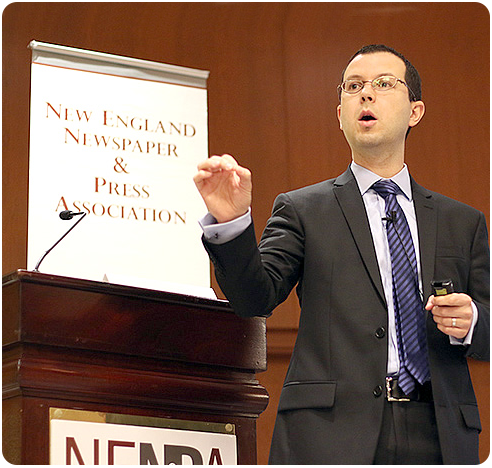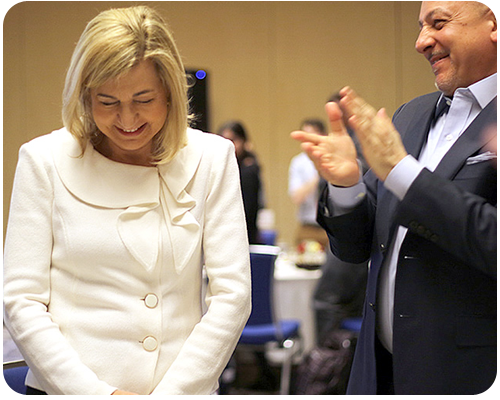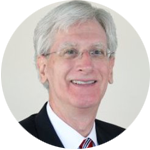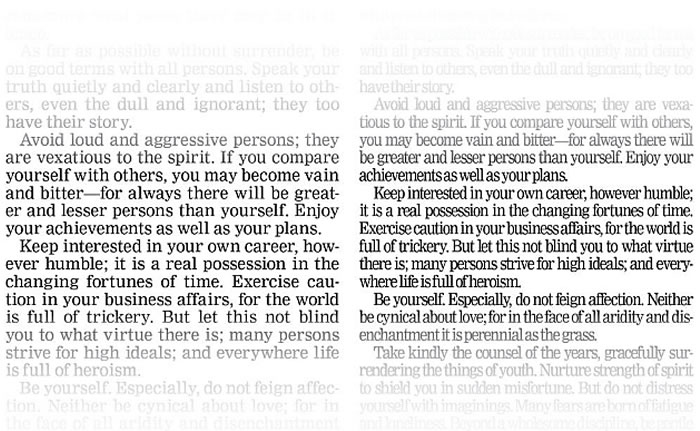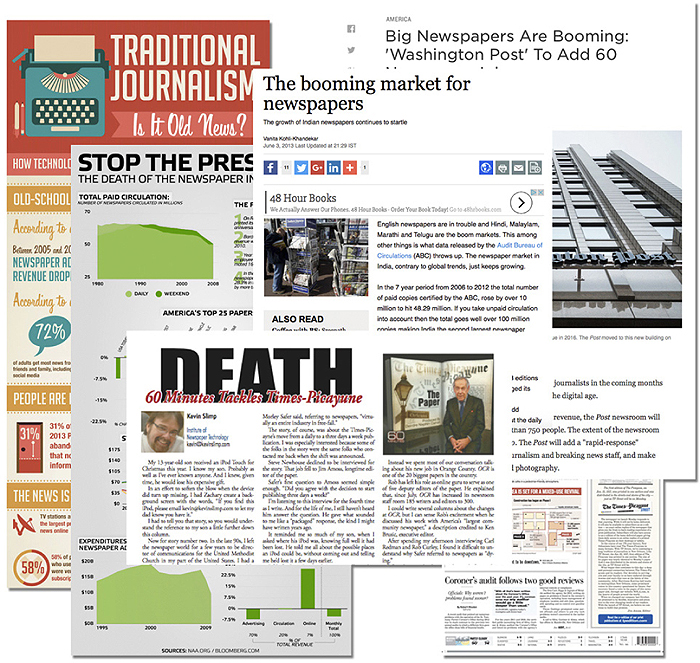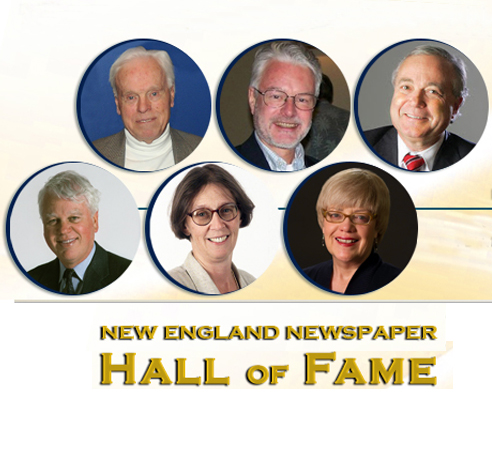In our overly stimulated, easily distracted society, companies look for new ways to reach their audience, according to Thales Teixeira, a digital marketing expert.
Teixeira, a professor of digital marketing strategies at Harvard Business School, will speak on “Responding to digital disruption” as the keynote speaker at the New England Newspaper and Press Association winter convention’s opening session. The convention will take place Friday, Feb. 24, and Saturday, Feb. 25, in the Boston Marriott Long Wharf hotel.
Teixeira proposes that the way companies reach their consumers is changing, because the needs of those consumers are changing as well.
“The reality is that there are two ways in which companies get consumer attention,” he said.
As one way, companies can “proactively go after you – outbound marketing. Advertising. Every now and then, consumers go after companies. They search and go to the website of the company,” he said.
A newer alternative is inbound marketing, Teixeira said. Companies look to attract consumers through unpaid media as opposed to advertising to them.
Inbound – consumer-initiated – marketing involves the consumer actively seeking out the company, instead of the company creating the initial communication, he said.
“While outbound marketing is generally done using paid media controlled by the firm, inbound marketing may also involve unpaid media, such as the use of organic search engine results, social media, or online recommendation sites,” Teixeira wrote in an article for the Harvard Business School.
Each marketing approach comes with its own set of costs and benefits, he said.
“The tradeoff is that outbound marketing is very wasteful because you have consumers that aren’t interested in your message,” Teixeira said. “Inbound is small scale. It will be more precise but (will have) less volume.”
Inbound marketing is quickly catching on for consumers who want to be engaged more actively in their marketing experience, Teixeira said.
“Consumers don’t want to be advertised to anymore; they want to go after what they want,” he said. “They’re less and less interested in outbound marketing.”
“That’s a big change,” he noted. “Before, it used to be essentially outbound marketing: Watch TV, radio, watch many, many ads, and now we’re trying to tune those ads out.”
Because of the new trend of the active consumer, companies need to think strategically to maintain a strong relationship with their audience, Teixeira said.
A company has created a reliable clientele when that clientele sees value in the company, he said.
“A loyal consumer basically has learned that they get value from this company repeatedly,” he said.
It can be difficult for a company to reach an audience effectively simply because of the overwhelming number of choices for a product, Teixeira said.
“The reality as consumers is we have more options of products in any category than we have time to evaluate these options,” he said. “You can’t possibly have enough interest in every brand of cereal. You look at the boxes.
“We figure out ‘I have this much time and interest in this category. If I don’t like it, I’ll try something else,’” he said. “We have limited attention and limited energy to evaluate the options, therefore we don’t look at all the options.”
To reach an audience successfully, a company must have an understanding of its audience, Teixeira said. The digital age makes it easier to develop that understanding, he said.
“(T)he Internet allows managers to collect new data on consumer behavior that is both more immediate and precise,” he wrote in an article for the Harvard Business School. “This allows firms to measure consumer exposure, interest, and reactions to advertising messages, offers, and purchases across a variety of contexts.
“One distinguishing factor of digital communications versus its traditional counterpart is that, due to its interactivity … the Internet allows firms to communicate with their consumers and, at the same time, gather attitudinal or behavioral feedback that allows a better understanding of them,” he wrote.
If a company does not appeal to its consumers right away, it can find itself in danger, Teixeira said.
“If you don’t get attention from customers, basically you’re dead in the water,” he said. “If you don’t get that initial moment of attention and consideration from the customer, you’ve lost the battle even before starting.”
Teixeira offers a range of ways for companies to garner consumer attention.
“Marketers can persuade consumers either by directly talking to them, which involves creating text, static images, and audio or video content, or by persuading influencers or consumers to talk to other consumers by having them distribute content to each other,” he wrote.
In that second approach to consumer-to-consumer influence, a company creates content “intended to reach consumers who will then distribute these messages to other consumers, either by sharing unadulterated content such as in viral marketing or by sharing modified content as with electronic word-of-mouth,” he wrote.
Companies should carefully consider how they use social media and other digital tools available to them to reach an audience, Teixeira said.
“(A) high-involvement brand such as Disney, wanting to conduct market research, should consider social networking sites as its consumers frequently talk online about Disney’s experiential products,” he wrote. “As such, Disney might consider using Facebook due to its prevalence among the target demographic.
“On the other hand, Facebook would likely be an ineffective tool for a low-involvement brand such as Tide to persuade new customers towards a trial by offering a deal,” he writes. “A better approach would be to use a daily deal site such as Groupon.”
Teixeira cautioned companies that if inbound – consumer-driven – marketing is truly a trend, it can come with a price tag. Because the consumer initiates the contact with the company, the content that the company produces should be quality content.
“The initial idea that inbound marketing is going to save money is not true,” he said. “Inbound requires very good quality content. Companies pay to create that content. Companies have become essentially producers of content: They hire journalists to write articles, people from Hollywood to create engaging content. Their ads become movie products, and that’s expensive.
“My recommendation is to really figure out whether it’s worth it, and you’re capable as an industry to create educational and entertaining content,” he said. “There’s no going back.”
